FLAT 10% OFF ON YOUR FIRST ORDER. USE IVER10
Dytor 40 mg Tablet (Torasemide 40 mg)
Price range: $38.00 through $105.00
Dytor 40 Tablet contains the highest dose of Torasemide, a potent loop diuretic used to treat severe fluid retention caused by heart failure, kidney disease, and liver cirrhosis. This maximum-strength formulation rapidly reduces dangerous swelling in the lungs, abdomen, and limbs while effectively managing resistant high blood pressure. Taken once daily, preferably in the morning, it promotes sodium and water elimination through urine, providing long-lasting relief.
- Buy 2 and get Flat 15% Off. Use B2SAVE15
- Buy 3 and get Flat 20% Off. Use B3SAVE20
Dytor 40 Tablet (Torasemide) – Maximum Strength Diuretic for Severe Fluid Retention
Dytor 40 Tablet represents the highest available dosage of torasemide, providing powerful diuretic action for treating severe edema associated with congestive heart failure, renal impairment, and hepatic cirrhosis. This maximum-strength formulation delivers enhanced water elimination to rapidly reduce dangerous fluid accumulation in tissues and lungs. As a potent loop diuretic, it also effectively manages resistant hypertension by promoting sodium and water excretion. The 40mg dose is typically reserved for patients who haven’t achieved adequate response with lower strengths. For optimal results, take this medication in the morning to prevent sleep disruption from frequent urination.
Uses of Dytor 40 Tablet:
- Treatment of refractory edema (severe fluid retention)
- Management of treatment-resistant hypertension
- Congestive heart failure with pulmonary edema
- Nephrotic syndrome with severe swelling
Benefits of Dytor 40 Tablet:
For Critical Fluid Overload: Provides rapid, significant reduction of life-threatening fluid accumulation in lungs (pulmonary edema) and abdominal cavity (ascites), dramatically improving breathing and mobility in severe cases.
Side Effects of Dytor 40 Tablet:
Common effects (dose-dependent):
- Pronounced diuresis (frequent urination)
- Electrolyte disturbances (low potassium/sodium)
- Orthostatic hypotension (dizziness when standing)
- Possible metabolic alkalosis
Serious effects requiring medical attention: Severe dehydration, marked hypotension, significant electrolyte imbalances, or hearing changes.
How to Use Dytor 40 Tablet?
Take exactly as prescribed, typically one tablet daily in the morning. Swallow whole with water – do not crush or split. Hospitalized patients may receive divided doses. Strict adherence to prescribed dosage is crucial with this high-potency formulation.
How Dytor 40 Tablet Works?
As a loop diuretic, it powerfully inhibits the Na-K-2Cl symporter in the kidney’s ascending loop of Henle, creating profound diuresis. The 40mg dose achieves maximal therapeutic effect, removing up to 20-25% of filtered sodium load compared to 5-10% with lower doses.
Safety Advice:
- Monitoring Required: Frequent electrolyte checks and kidney function tests essential
- Elderly Patients: Increased risk of dehydration and hypotension
- Hepatic Impairment: Requires careful dose titration
- Pregnancy Category: C (use only if potential benefit justifies risk)
- Alcohol: Strictly avoid due to additive hypotensive effects
What If You Miss a Dose?
Take as soon as remembered unless within 4 hours of next dose. Never take double dose to compensate. Maintain strict dosing schedule for consistent therapeutic effect.
Critical Drug Interactions:
High-risk combinations:
- Aminoglycosides: Potentiates ototoxicity and nephrotoxicity
- Digoxin: Hypokalemia increases digitalis toxicity risk
- NSAIDs: Reduce diuretic efficacy and cause renal impairment
- Antidiabetics: May require dosage adjustment due to hyperglycemic effect
FAQs:
Q1: When is Dytor 40 Tablet typically prescribed?
This maximum strength is reserved for severe, treatment-resistant cases where lower doses (5mg, 10mg, 20mg) have proven ineffective.
Q2: How does the 40mg dose differ from lower strengths?
The 40mg tablet delivers approximately 4x the diuretic effect of the 10mg dose, with longer duration of action and greater electrolyte excretion.
Q3: What special monitoring is needed with this high dose?
Frequent serum electrolyte panels (especially potassium), renal function tests, and blood pressure monitoring are essential to prevent complications.
Q4: Can this dose be used long-term?
While effective for chronic conditions, the 40mg strength typically requires careful ongoing supervision and periodic dose reevaluation.
Q5: How does it compare to furosemide 80mg?
Dytor 40 provides comparable diuresis but with longer action duration and potentially better potassium-sparing effects at equivalent doses.
Q6: What emergency supplies should patients on this dose keep?
Oral rehydration solutions, potassium supplements (if prescribed), and a blood pressure monitor are recommended for home use.
| Pack Size | 30 Tablets, 60 Tablets, 90 Tablets |
|---|

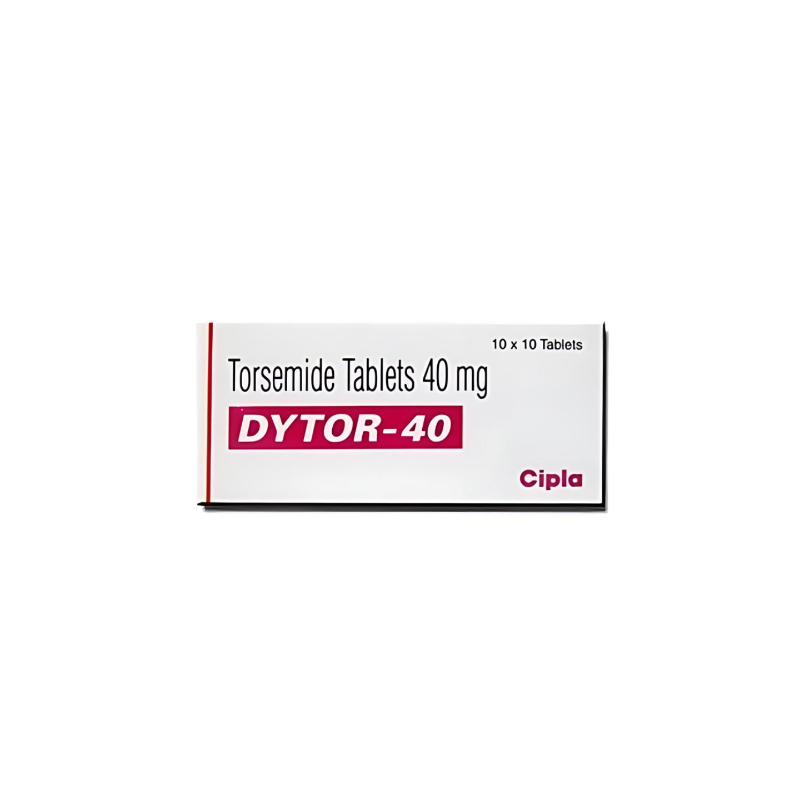
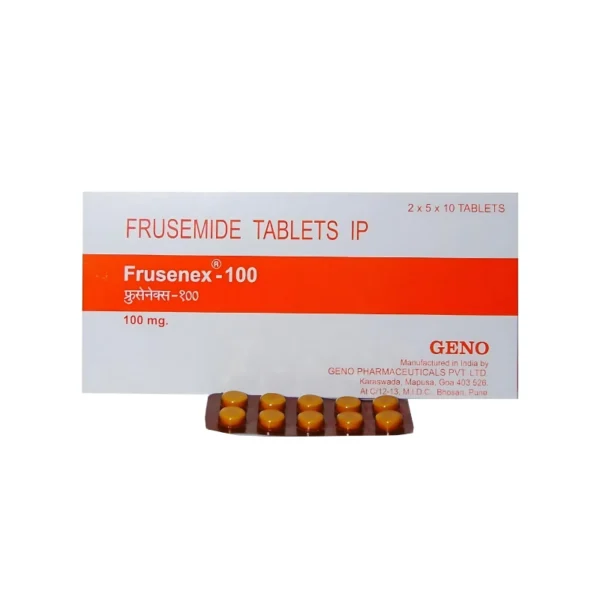

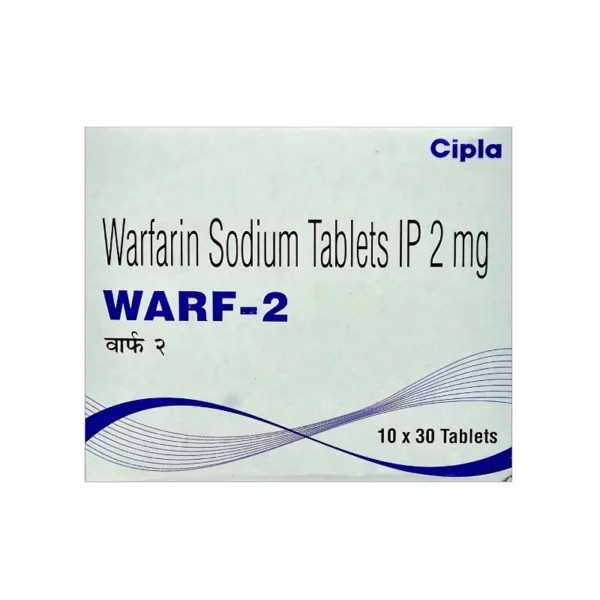
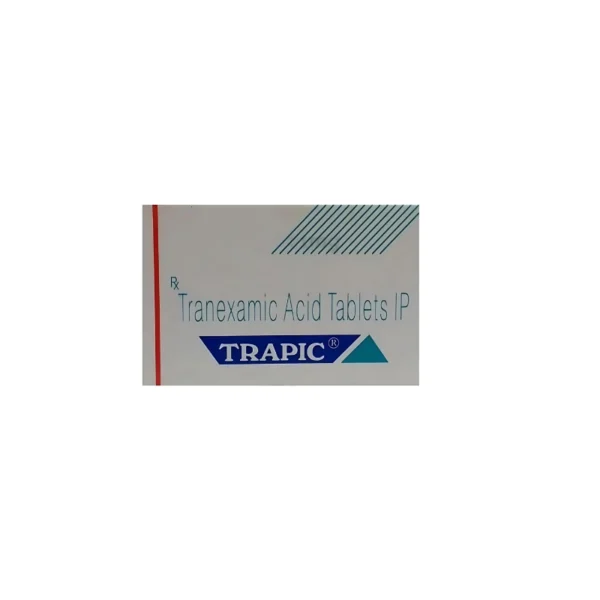
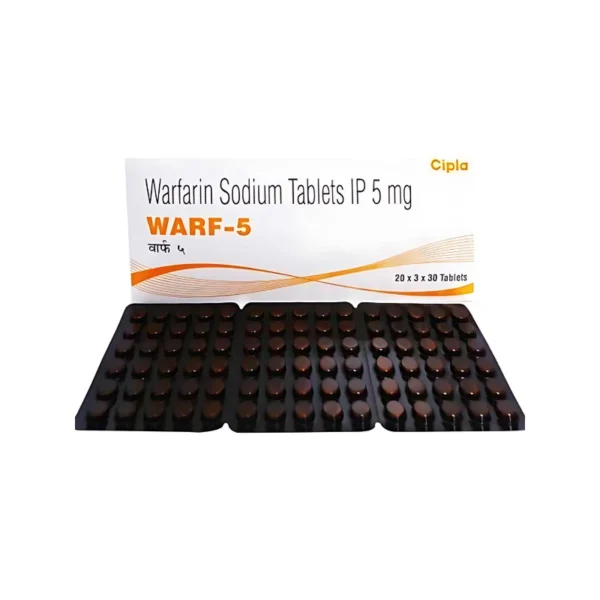


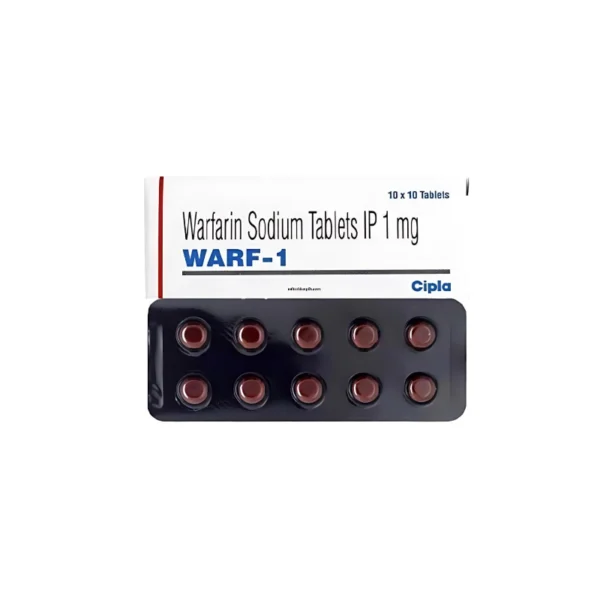
Reviews
There are no reviews yet.